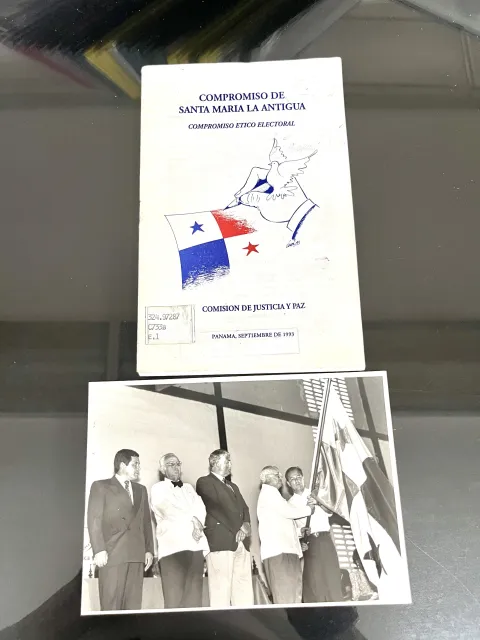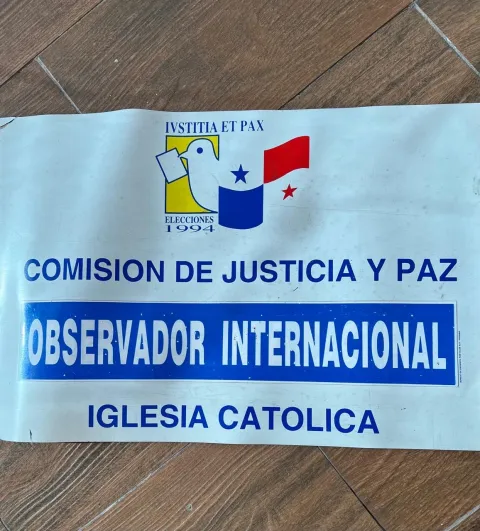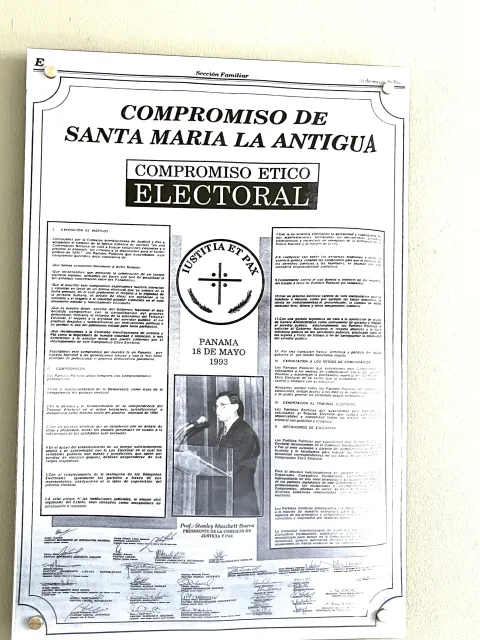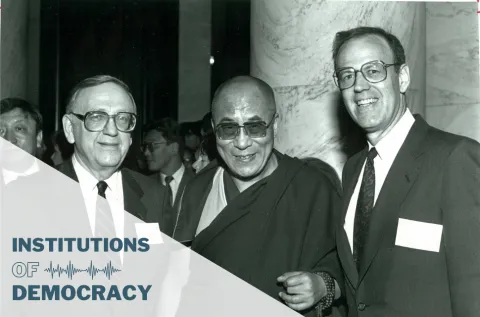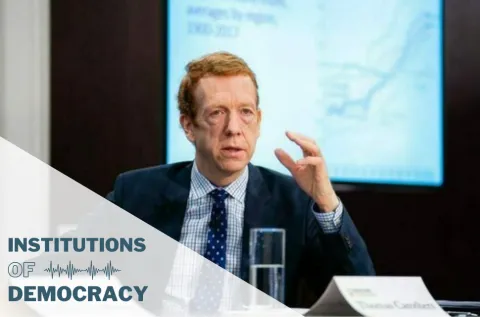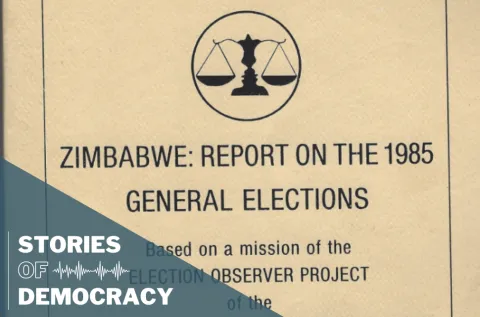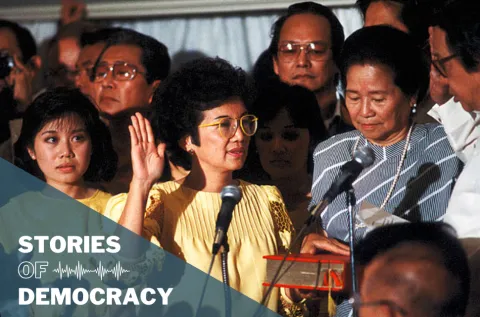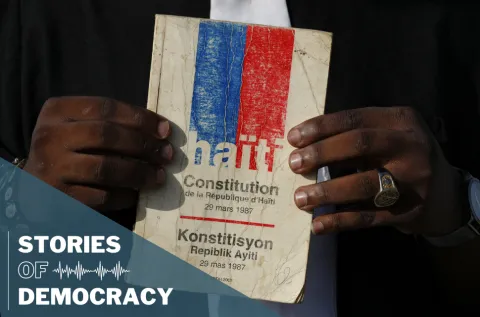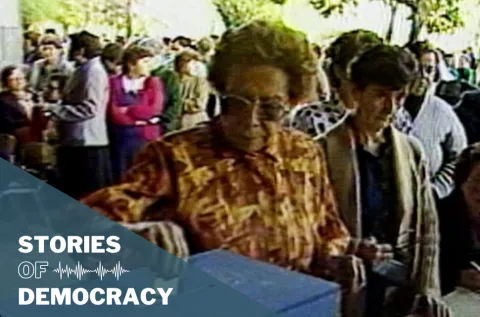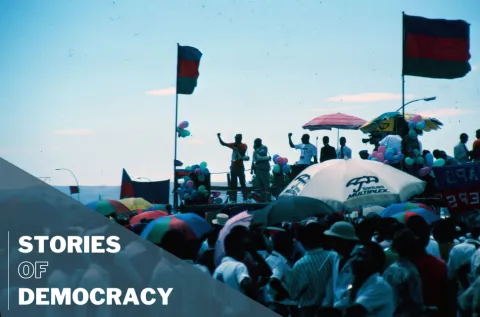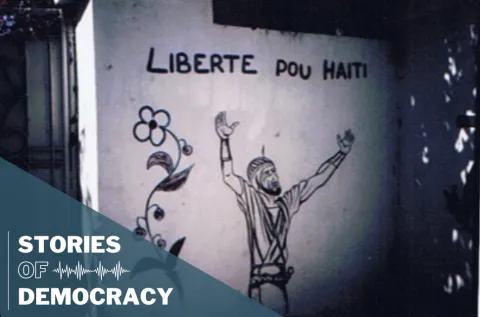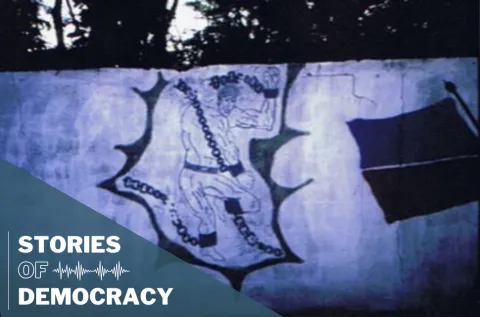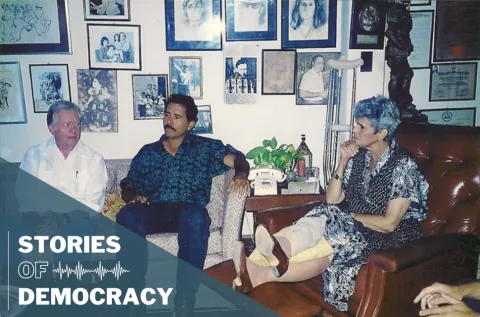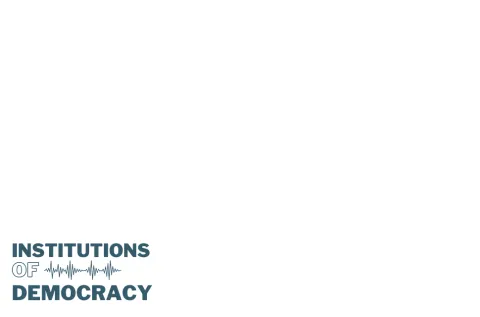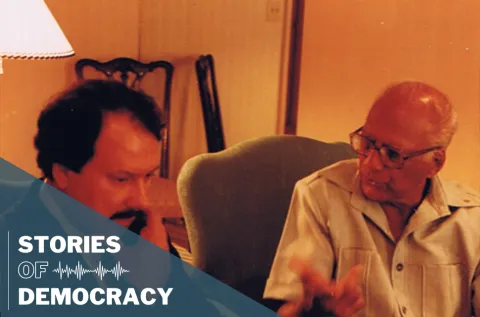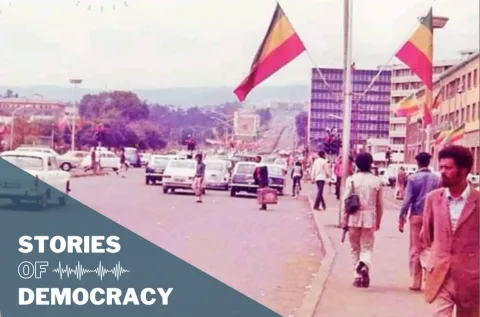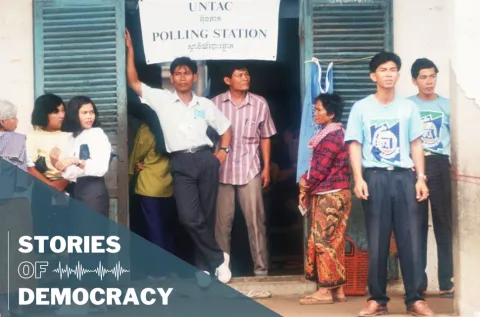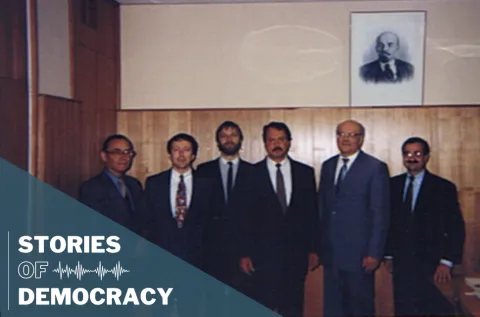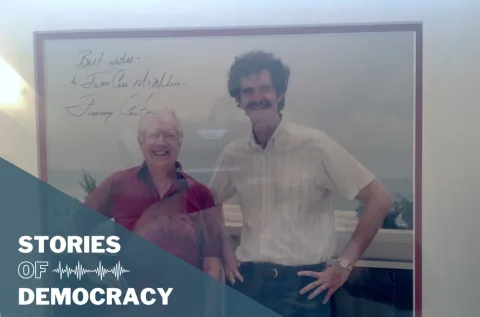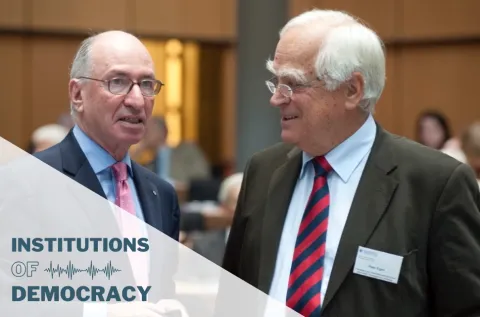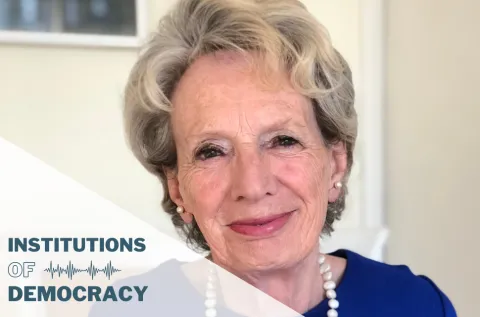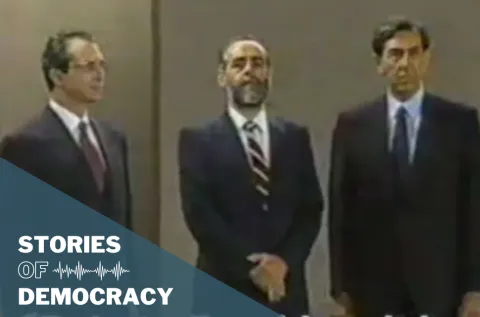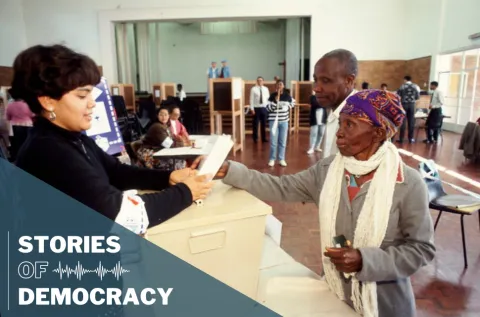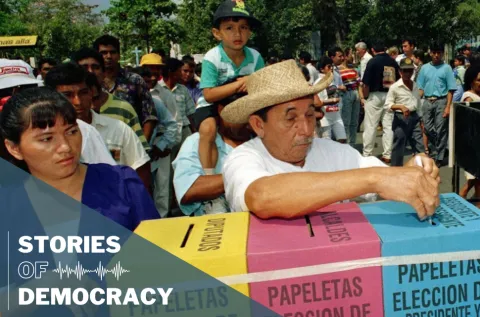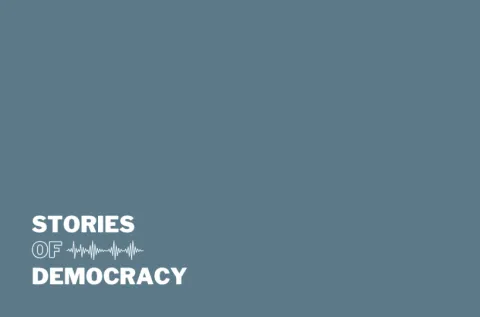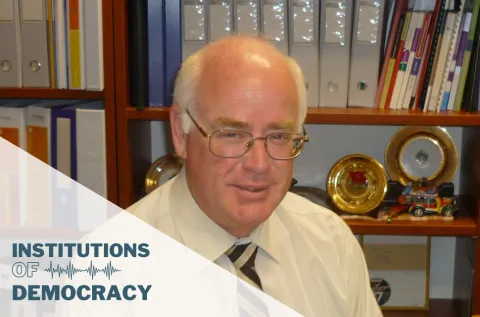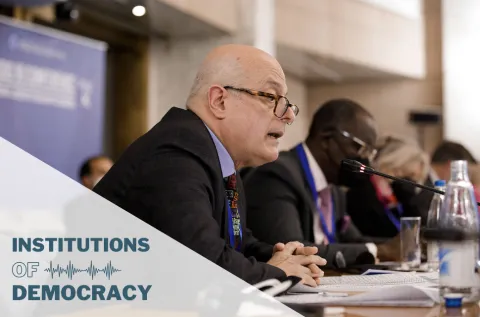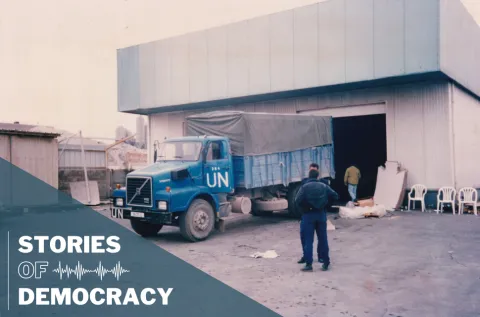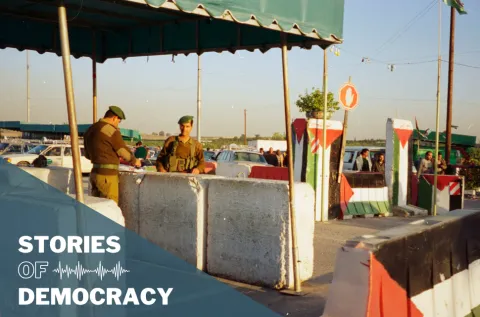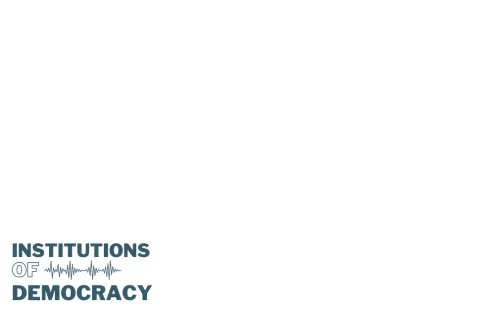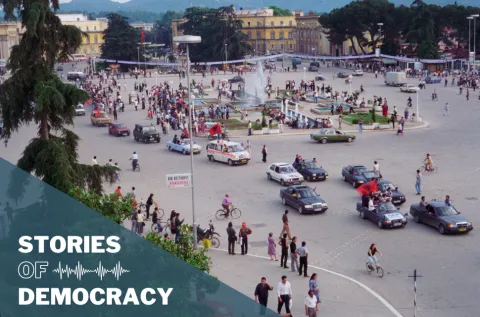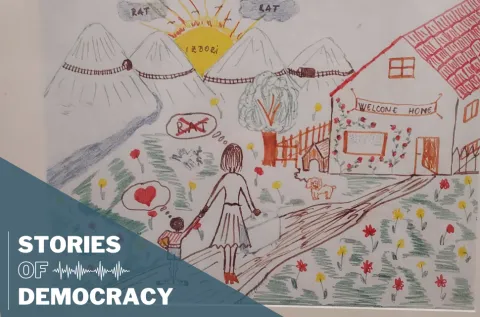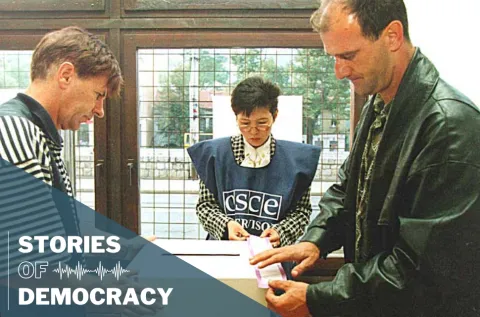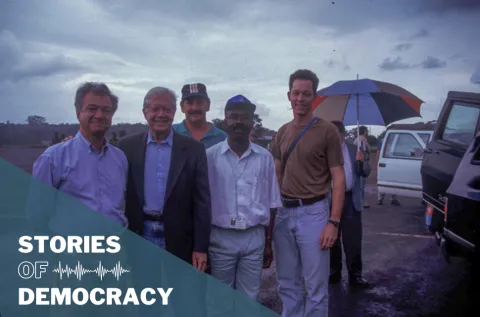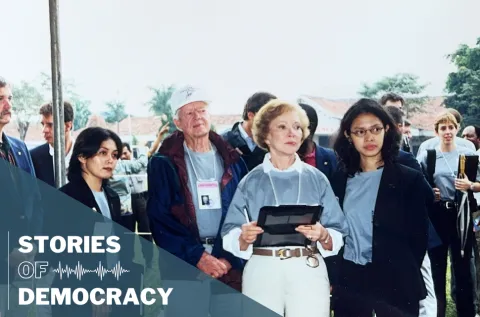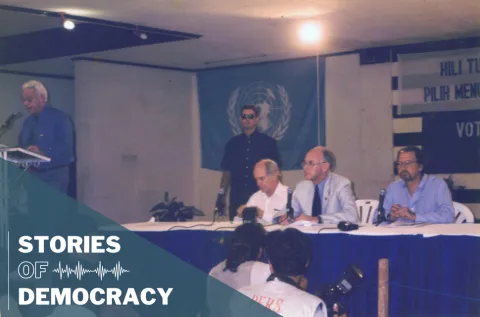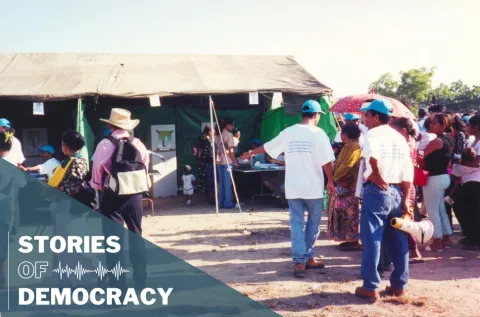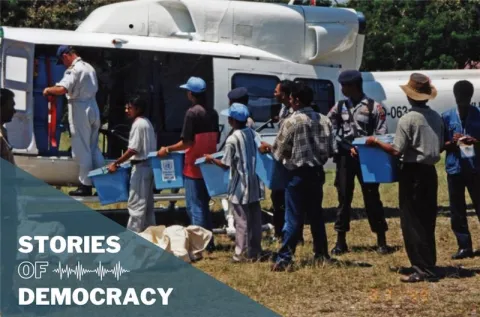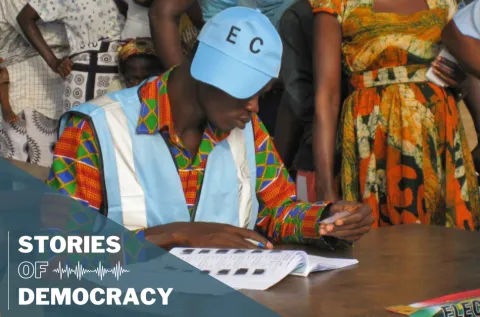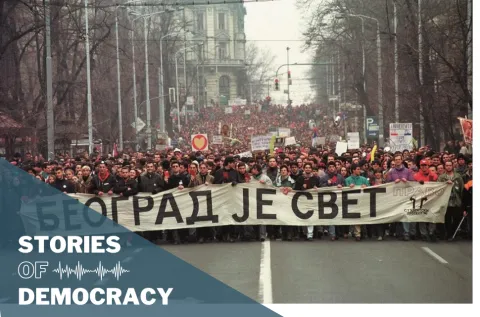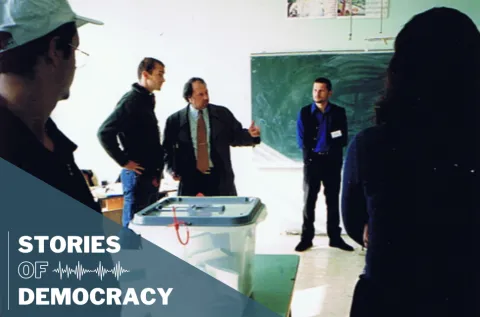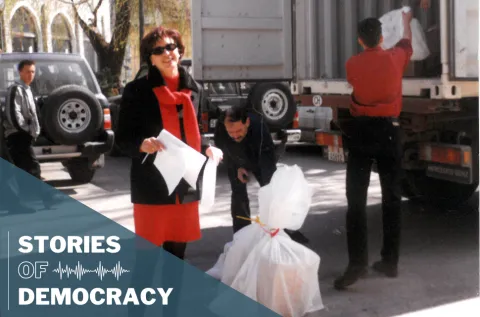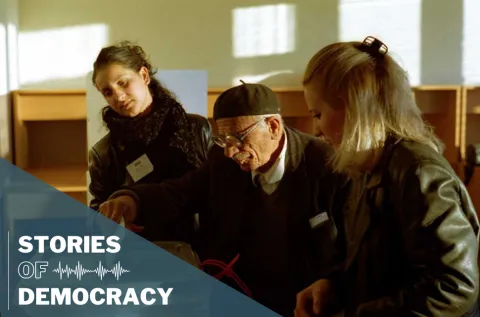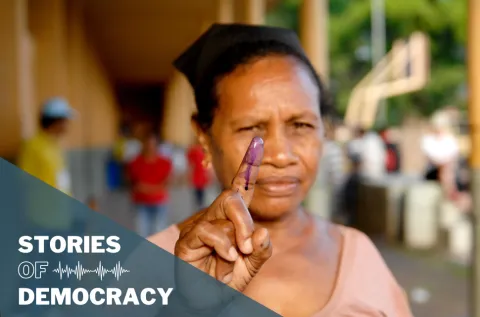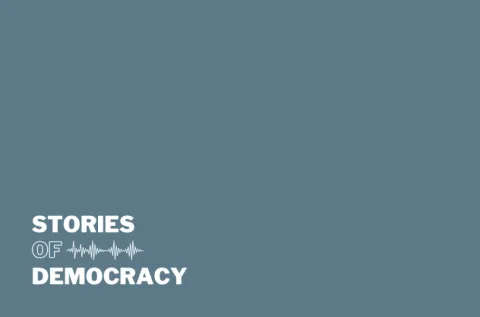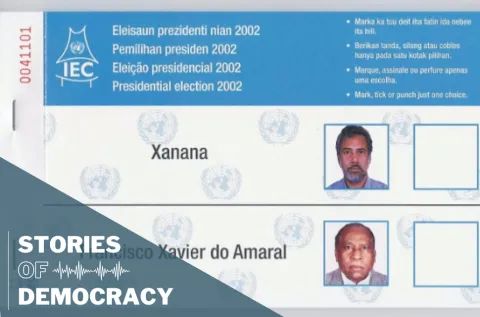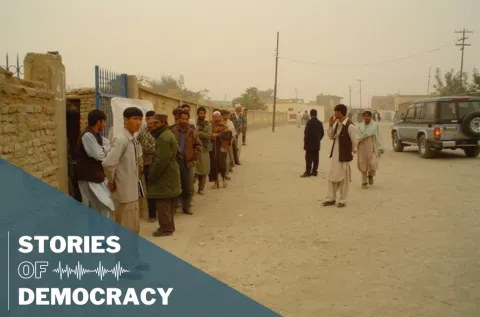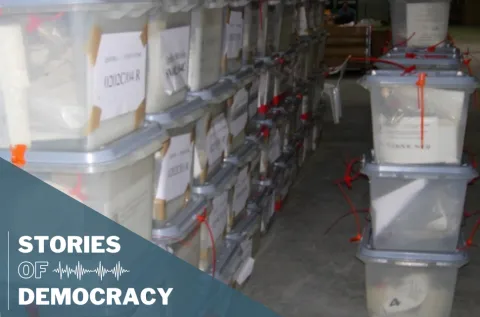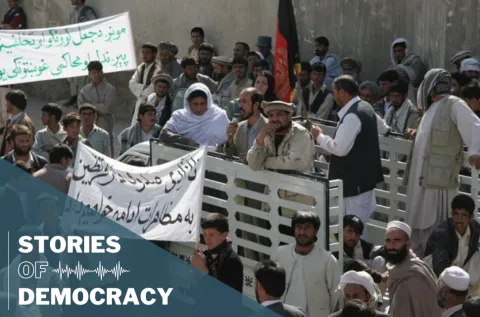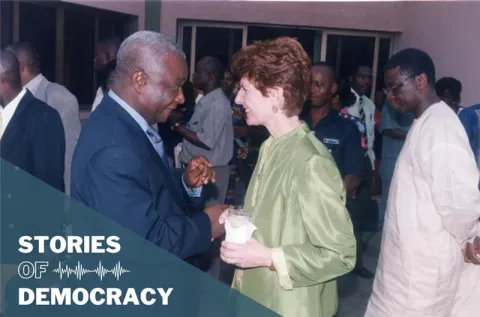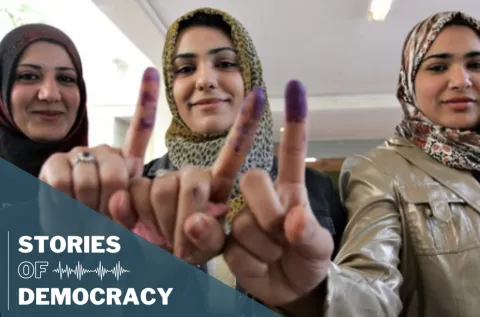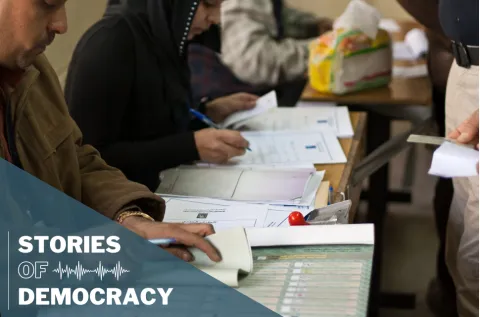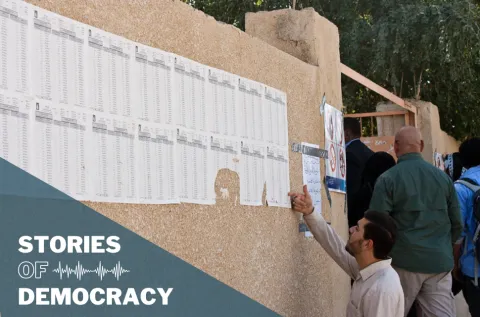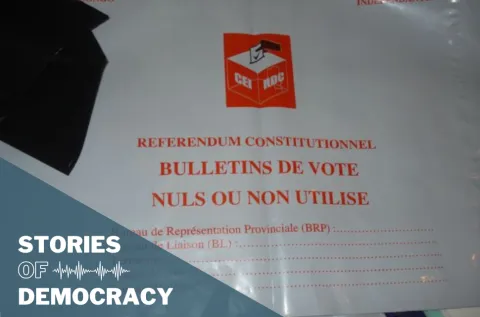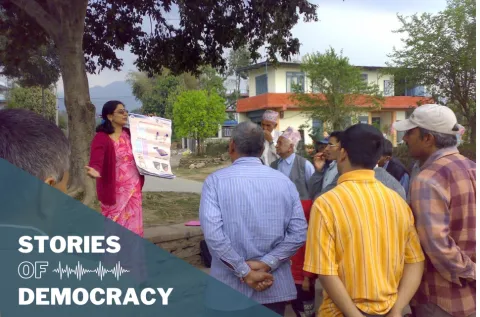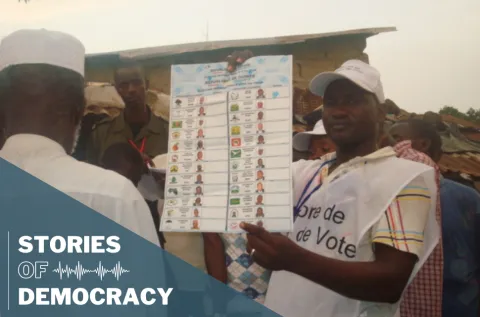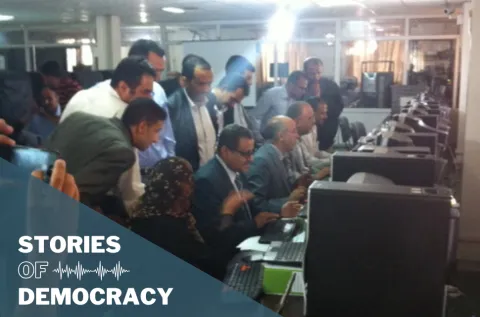Panamá- 1994- General Election
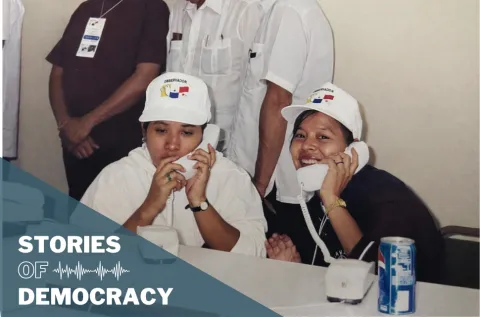
Today, elections in Panama are often described as a “democratic feast”—a moment of national celebration marked by overall trust in the process and broad citizen participation. However, this was not always the case. From 1968 to 1989, Panama was ruled by a military regime that manipulated institutions and handpicked the winner of elections. In 1989, a covert election observation effort led by laypeople and organized by the Catholic Church successfully revealed that opposition candidate Guillermo Endara had defeated the military-backed candidate by a margin of three to one. The regime annulled the results, sparking repression that culminated in the December 1989 U.S. invasion and the removal of de facto military leader Manuel Noriega.
Shortly after, Endara was installed as president and initiated a democratic transition. Still, trust in state institutions remained fragile. In this context, the Church again stepped in. Through the Commission on Justice and Peace, it brought together politicians, media, and civil society around an ethical campaign pact to ensure fair campaigning and led a national observation mission, complete with an exit poll. Their endorsement of the results brought crucial legitimacy to Panama’s 1994 elections—its first free and fair vote in over two decades—and marked the country’s first peaceful transfer of power: from Endara to Ernesto Pérez Balladares, candidate of the party created by the military, who won with 33.3% of the vote against six other contenders.
In this recording, Stanley Muschett, then President of the Commission on Justice and Peace, shares the story of how the Catholic Church and mobilized citizens played a crucial role in restoring public trust in Panama’s elections. He reflects on the lingering effects of military rule and the trauma of the U.S. invasion, as well as the broader challenges that shaped the 1994 vote. Stanley emphasizes the importance of citizen participation in sustaining democracy and explores ongoing hurdles facing Panama—and democracies around the world—today.
Stanley Muschett is a Panamanian political scientist, educator, and newspaper editor, with over five decades of committed social, community and religious service. Stanely served as President of the Inter Diocesan Commission on Justice and Peace, from 1990 to 1995, and later from 1998 to 2000. He also served as President of the Catholic University Santa María La Antigua (USMA) from 1990 to 2000 and later as President of Interamerican University in Panama from 2012 to 2020. Beyond education, Stanley has worked as Senior Consultant for the United Nations Development Program (UNDP), Editor-in-Chief of La Prensa (newspaper) and a member of the Pontifical Council on Justice and Peace in Rome.
A video recording of the interview is available here.
